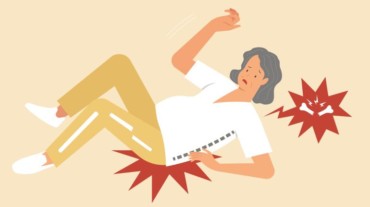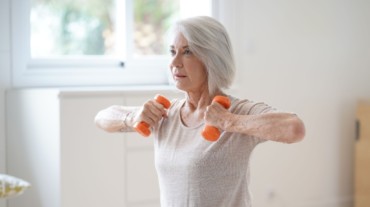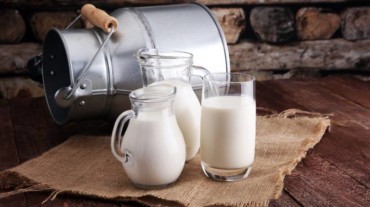
Falling, especially at home, is fairly common and has happened to most of us. At the same time, falls can also cause severe injuries. A group that is particularly vulnerable to falls at home are the elderly. Given that it could leave them in severe pain and affect their movement, you need to make sure that you take active steps to make your home fall-proof.
According to the Centers for Disease Control and Prevention (CDC), 1 out of 5 falls causes serious injuries such as broken bones and head wounds. In fact, the report also suggests that falls are the most common cause of traumatic brain injuries. Clearly, falls don’t just cause serious physical damage but impact your mental well-being too.
No wonder that fall-proofing the home is the need of the hour. It is particularly important in homes where the elderly have osteoporosis, a bone disease that is characterised by low bone density and high chances of fractures.
All these reasons make fall-proofing your home your number one priority. We spoke to Dr Rajan Kothari, senior consultant and orthopaedic surgeon from Apollo Spectra, Pune, to understand how to make a home fall-free.
Wet floors, staircases, and washroom floors can increase one’s risk of falling. One can also trip due to the carpets and rugs placed for decoration. In addition, things fallen on the ground can also cause a fall. In fact, falling off the bed, chair or sofa can lead to serious injuries.

“Falls are a major cause of injuries when it comes to elderly people. In fact, falls can lead to hip and shoulder fractures. Hip and shoulder dislocation, head injuries, bruises, sprains, and abrasions can lead to the loss of confidence. Falling may suggest that you are unable to balance yourself and your health is deteriorating,” said Dr Kothari.

If you are a caregiver, you will need to ensure that you don’t let an elderly person stay alone in the house to reduce the risk of falls. Try to make sure that the tables and benches at home do not have sharp corners as this can lower the risk of serious injuries.

“Wipe spills and wet floors on an immediate basis. Check if the chairs and beds are sturdy. If an elderly person has lost confidence due to falling frequently then encourage him/her to walk. Make sure that elderly people are not wearing socks or loose slippers at home,” concluded Dr Kothari.
In order to make your home fall-proof, it is best to consult your doctor. They may be able to offer changes based on the condition of your parents.
So, ladies, always remember that prevention is better than cure!
Select Topics of your interest and let us customize your feed.
PERSONALISE NOW